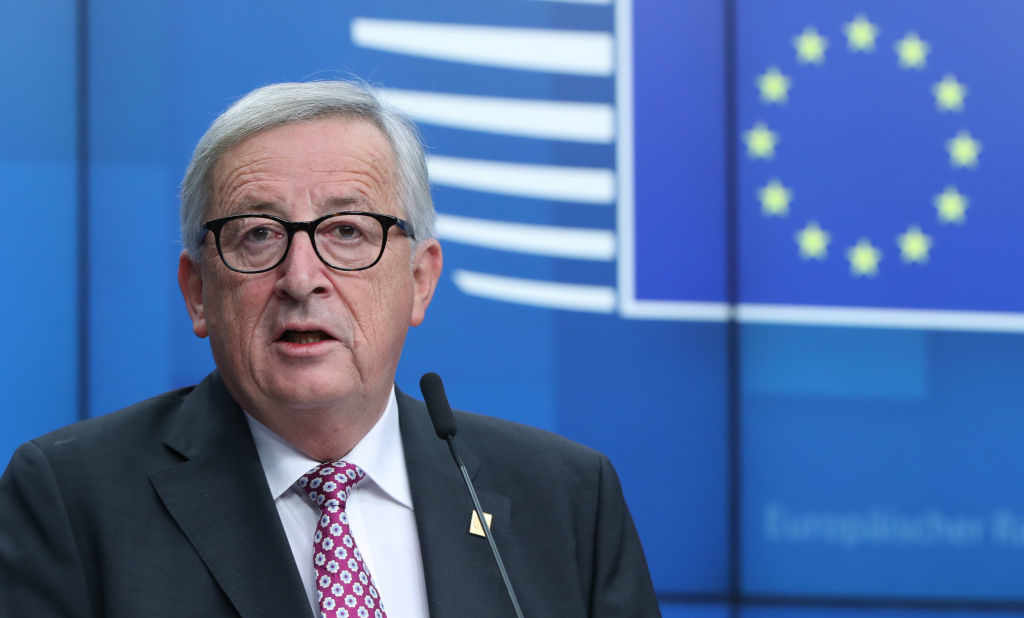Law & Politics
In an Effort to Fight Money Laundering, the EU Parliament Wants to Scrap the Freeport System Beloved by Billionaire Art Collectors
The recommendations comes after a yearlong investigation into financial crime.

The recommendations comes after a yearlong investigation into financial crime.

Naomi Rea

The European Parliament has called for freeports—venues that store art and other valuables tax-free—to be phased out in the European Union after a yearlong investigation into tax avoidance in the wake of scandals including the Panama Papers and LuxLeaks. The closure of the high security storage facilities, of which there are more than 80 in the EU, could have wide-ranging implications for financial transparency within the bloc, where it is estimated that around €110 billion ($123 billion), or one percent of the EU’s total GDP, is laundered each year.
The inquiry was undertaken by a special committee of the European Parliament tasked with rooting out financial crimes, tax evasion, and tax avoidance, also known as the TAX3 Committee. Its final report, published March 26, includes a recommendation for the Commission, the EU’s executive arm, to “bring forward a proposal for the urgent phasing out of the system of freeports in the EU.”
The report’s recommendations were adopted by 505 votes in favor with 63 against and 87 abstentions. The report is not definitive or binding, but a spokesman for the European Parliament tells artnet News it is likely to be factored into the work of the governing body. “The report contains recommendations and, as such, they do not carry legal weight,” the spokesman explained. “However, they do have political relevance and the Commission will surely factor in the recommendations into its work.”
The news comes months after a member of the committee, German MEP Wolf Klinz, singled out Le Freeport Luxembourg as an alleged haven for “money laundering and tax evasion.” Klinz penned a letter to the Commission president (and former Luxembourg prime minister) Jean-Claude Juncker calling the warehouses a “blind spot” in the battle for greater financial transparency within the bloc.
A report commissioned by TAX3 and published by European Parliamentary Research Service last October specifically invoked the name of the Swiss art dealer Yves Bouvier, who is a majority owner of Le Freeport Luxembourg. Bouvier is embroiled in a vicious legal battle with a former client, Dmitry Rybolovlev, who alleges that Bouvier defrauded him by inflating the cost of artworks in deals he brokered for him and pocketing the difference. (Both sides deny any wrongdoing.) The report noted that the Swissman’s entanglement in “an affair involving alleged fraud and insider trading” adds urgency to the need for greater transparency in freeports.
In March, Juncker dismissed the claims about Le Freeport, saying there was “no evidence showing that free zones in the EU are systematically used to commit fraud.” The final report from TAX3 notes that the committee “deeply regrets” the lack of progress on major initiatives that have not been finalized due to “the lack of genuine political will.”